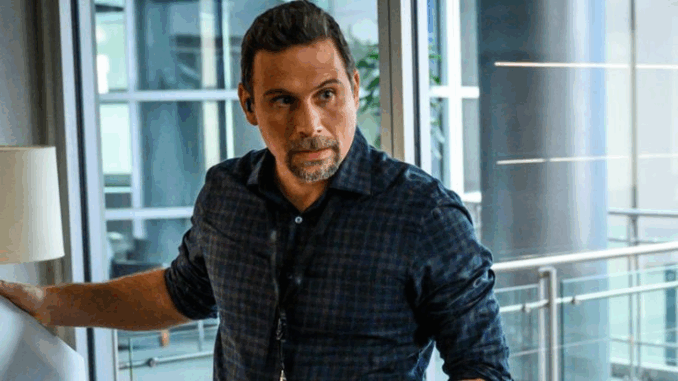
Before watching FBI, I never fully understood the emotional toll that law enforcement officers carry. Of course, I knew the job was dangerous and stressful, but FBI brings those realities to the forefront in a deeply human way. It doesn’t just focus on action-packed scenes or shocking twists — it explores how the work affects the people doing it.
Take Jubal Valentine, for example. On the surface, he’s a fast-talking, confident team leader. But behind that exterior is a man constantly balancing the weight of leadership with personal demons. He’s a recovering alcoholic, a father who’s trying to be present, and a man who cares deeply for his agents. Watching him break down in moments of emotional stress reminds me that these are real people with real lives beyond their jobs.
The same goes for characters like OA, who struggles with his identity and the pressures of being both an American agent and a Muslim man in a post-9/11 world. His personal dilemmas are woven seamlessly into the cases he takes on. He doesn’t just bring skills — he brings a moral perspective that adds depth to every mission.
What strikes me most is how FBI portrays the cost of justice. Sometimes they win. Sometimes the losses cut deep. There are cases they can’t solve, people they can’t save, and choices that haunt them. And yet, they keep going. That quiet courage, that refusal to give up, is what makes the show so powerful.
FBI isn’t just about crime. It’s about the people who fight to solve it — and what they’re willing to endure along the way. For me, it’s a show that reminds us that heroes aren’t just on the front lines. They’re in the quiet moments too — when no one is watching.
